Jinnah's Pakistan: The man with a message
A lone man attempts to remind people of Jinnah’s Pakistan
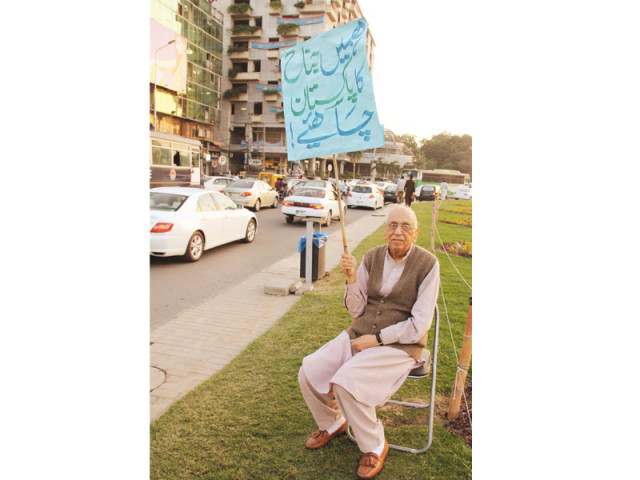
“I come here as often as I can, which is about three times a week,” he says, given of course that he is feeling well and allowed by his wife to leave the house. “She is 13 years younger than me but still takes care of me like a child,” he adds with a laugh. Passersby greet him with mixed reactions, some honking, waving or putting up a victory sign in appreciation of his efforts while others ignore him completely. Haque waves back happily at whoever acknowledges him and his message.

According to Haque, the manshoor (manifesto) by Jinnah/All India Muslim League which formed the basis for Pakistan should be revisited and implemented. “The manifesto was forgotten immediately after the creation of Pakistan, because the country became a realm of the nawabzadas (landowners),” he says. Even though [one of the things that] the manifesto declared was that all agricultural land will be nationalised, it never actually happened since the land belonged to the nawabzadas. He cites the monopoly of resources as the reason why a lot of farmers still do not own a piece of land and have to continue working for others.
Haque, who postponed his college education at the Dayal Singh College for four years in 1944 to join the Muslim Students Federation (MSF) and participate in the Pakistan Movement, is deeply attached to his homeland. He also witnessed the struggle of Partition firsthand when he, along with students from Punjab University, Islamia College, Dayal Singh College and Forman Christian College travelled to help out at refugee camps in states such as Batala, Bihar, East Bengal and other parts of Punjab that were most affected by Hindu-Muslim riots. Hence, the fact that the country has not turned out the way it was initially envisioned troubles him deeply. “Roti sab ko mil gayi (everyone got food to eat). Look at the cars on the road. This is all great but this is not what we wanted,” he says. Even though Haque’s own struggle was rewarded sufficiently — he started as a junior clerk at Caltex and worked his way up to being a managing director at Pakistan State Oil from where he retired in 1988 — he feels for those who have not been equally fortunate. “The children of the poor still can’t get an education. We knew that Pakistan would not be perfect but we can at least try for it to be so.”
Hence, he comes out on the streets as often as he can to remind people of what the original plan for the country was and forces them to reflect on where they have gone wrong. “All I want is for people to read the [initial] manifesto,” he insists, adding that his efforts are not on behalf of any political ideology but as an average citizen.
As the day draws to an end, Haque folds up his chair and prepares to leave when a woman approaches him to appreciate his efforts. “We are proud of what you are doing, Sir,” she says, “and we should be ashamed of ourselves.” But the elderly optimist consoles her saying that everyone can bring about a change in their own way whenever they decide to do so. “People can ask me where I was 50 years ago and why I am doing this now,” he says. “But I am here now and all I want is Jinnah’s Pakistan.”
Ayesha Mir is a photographer for The Express Tribune Lahore desk.
Published in The Express Tribune, Sunday Magazine, December 14th, 2014.

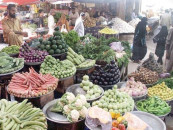
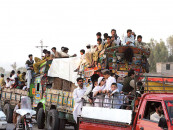

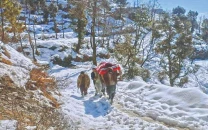
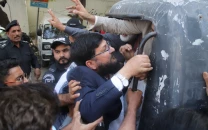













COMMENTS
Comments are moderated and generally will be posted if they are on-topic and not abusive.
For more information, please see our Comments FAQ